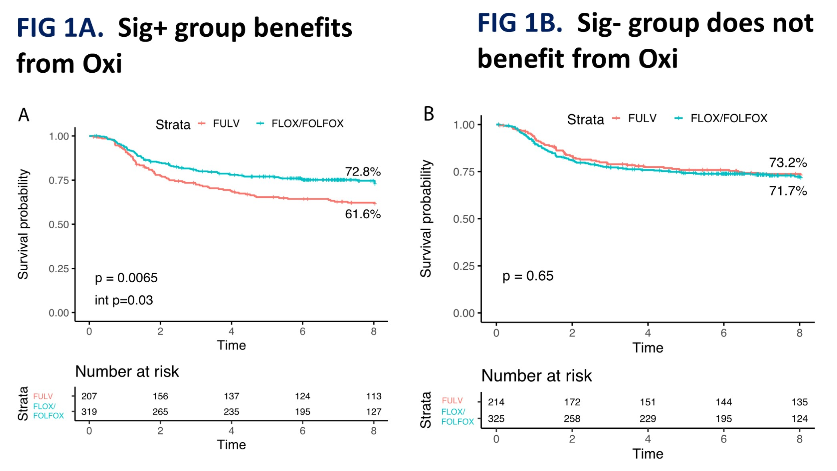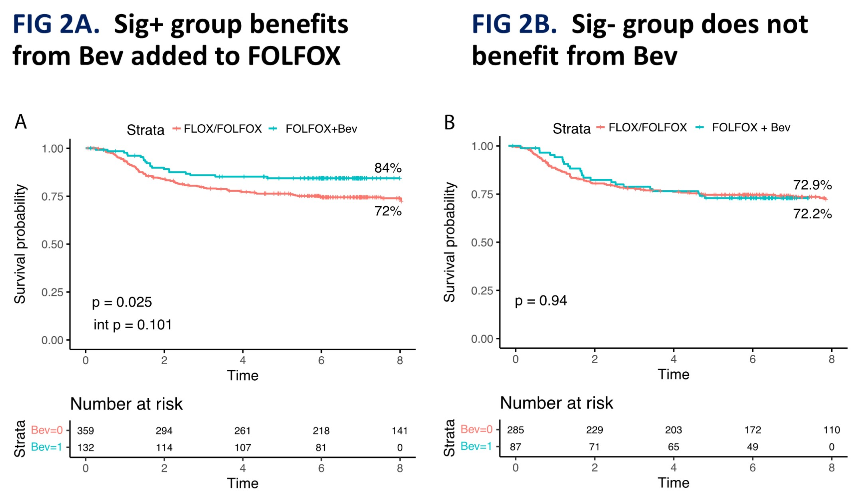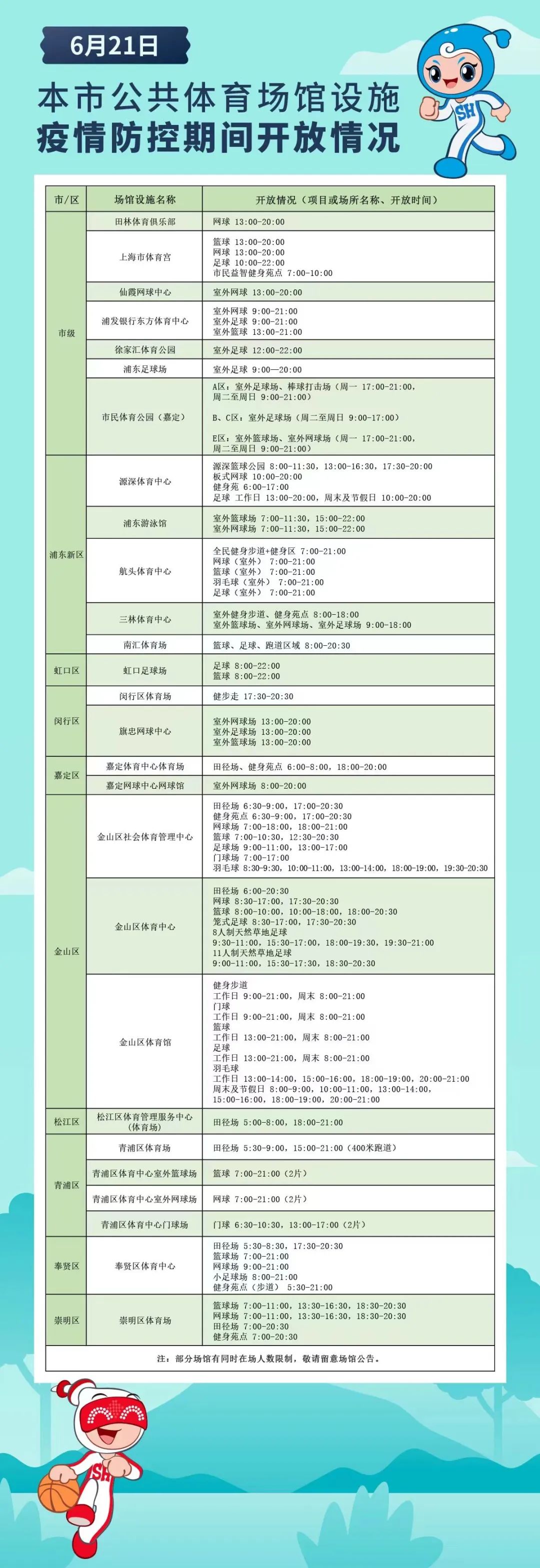Change clinical practice!The artificial intelligence (AI) system is expected to guide intestinal cancer precision auxiliary chemotherapy, improve the efficacy and avoid excessive treatment
Author:Cancer Channel of the Medical Time:2022.06.23
*For medical professionals for reading reference

The AI system guides clinical chemotherapy and provides doctors and patients with accurate selection and effective treatment solutions.
At the Annual Meeting of the American Society of Clinical Cancer (ASCO) recently held, a study led by Professor Lu Xinghua, Professor Sun Yan, and Katherine Pogue-Geile, a research results led by the University of Pittsburgh. AI) The clinical decision -making system can accurately speculate on the efficacy of Aisalibin and Bedar beads for the treatment of colon cancer auxiliary therapy. If it is widely used to clinical, the AI system will significantly improve the efficacy of colon cancer auxiliary treatment, and greatly reduce excessive treatment caused by the current treatment plan and its unnecessary toxic side effects.
Taking this opportunity, the "medical tumor channel" invited Professor Lu Xinghua and Professor Sun Yan to in -depth interpretation of the main results of the study, the characteristics of the AI system, and the clinical significance.
Benefits and risk ratio are extremely unbalanced,
Cancer and chemotherapy face the problem that needs to be solved urgently
In recent years, cancer treatment has developed rapidly, and various new methods and new methods have emerged endlessly, such as targeted therapy, which brings opportunities for precise treatment for patients with positive genes. But for most cancer patients, chemotherapy is still an indispensable main treatment method.
Due to the limited effect of chemotherapy single drugs, if the patient cannot accurately judge which kind of chemotherapy drugs will be sensitive to, clinicians will combine several chemotherapy drugs for patients. Rate. Even so, the response rate of combined chemotherapy is rarely exceeded 50%.
However, because most chemotherapy drugs can cause toxic side effects, the incidence of toxic and side effects of some drugs is even & 90%, one negative cost of chemotherapy combined with drugs is to increase the probability of patients receiving invalid drug treatment and suffering from their toxic side effects.
Taking colon cancer auxiliary chemotherapy as an example: Compared with simple surgery, fluoropicidine+sulv acid (Fulv scheme) auxiliary chemotherapy can reduce the recurrence rate from about 50%to about 32%; The recurrence rate can be reduced to about 28%, which means that an average of 5 recurrences per 100 people can be reduced. Based on this, the Folfox scheme is included in the guidelines as the standard scheme for postoperative auxiliary chemotherapy for colon cancer. However, Osarie Platinum will lead to lasting and severe neurotoxic side effects on more than 90%of patients.
"Ousaliba improves the overall effect of colon cancer treatment, but its toxicity is very high, especially neurotoxicity is very common, and may be transformed into chronic, and it cannot dissipate for a long time." Standard treatment plans, although about half of patients cannot benefit from the application of Osarina, they will still undergo these unnecessary toxicity. How to avoid the toxic and side effects of uncomfortable drugs (de-escalant) is an important clinical research topic Essence
"For a patient, the probability of avoiding recurrence through Osarina platinum is 5%, and the probability of adopting neurotoxicity is 90%, which is a decision that benefits and risk ratio." Professor Lu Xinghua said, "Everyone said," Everyone, everyone It is generally believed that chemotherapy is a wide range of cytotoxic drugs and does not have any special indicators to guide medication. At present, chemotherapy drugs are completely determined by the group benefits. All patients use the same plan, thousands of people. "
So is there a simple and effective method that can instruct chemotherapy medicines, and accurately predict patients who can benefit from a certain chemotherapy drug? In order to help clinicians solve this problem, Professor Lu Xinghua and Professor Sun Yan conducted a lot of exploration.
AI system guides colon cancer precise auxiliary chemotherapy,
Make more than half of patients avoid excessive treatment and their toxic side effects
Through data mining cancer genome data sets (TCGA) and a large amount of public colon cancer data, a set of AI clinical decision -making systems developed by the research group is used to identify the Osarie platinum adaptation group and non -adaptive group, and use large -scale (N = 1284 ) Phase III clinical trial data (NSABP C-07 and C-08), forward-looking design and dual-blind ways verify the clinical application value of the AI system.
Among them, the C-07 study confirmed the efficacy of the use of Osarie Platinum auxiliary chemotherapy II-III on the basis of FULV; C-08 Studies are designed to evaluate the use of Bervar bead orders on the basis of FOLFOX. The effect of anti -auxiliary treatment, but did not obtain positive results.
In this study, the patients were divided into 3 treatment groups: ①Fulv group (n = 421), from C-07 studies; ② Flox/Folfox group (n = 644), including the FLOX group from C-07 and from from the C-07 research and from from the C-07 research and from C-08 research Folfox group; ③ Folfox+Bevarzab (n = 219), from C-08 research. Then, the researchers divided each patient to the Osarina platinum adaptation group or the non -adaptive group and compared the response of the two groups of patients to the above treatment. The main ending is the 8 -year -old survival (RFS) rate.
It was found that in the FULV group and the FLOX/FOLFOX group, about half of the patients (n = 526) were judged by the AI system as an Osarie adaptation group. After receiving the treatment of Osarina, this group of patients was %(Fulv) decreased by 27.2%(Folfox), so these patients really benefited and should be treated with Osarbelling (Figure 1A). Instead of adaptive group (N = 539) patients can get the best efficacy in the group under only FULV treatment (8 years of recurrence rate of 26.8%), and add Osarbin in this group of patients. (8 -year recurrence rate is 28.3%) (Figure 1B). If the existing standard treatment plan, this group of patients will undergo the toxic and side effects brought by the drug without benefiting from Osarina. Therefore, if the AI system is used to assist doctors to choose medicines, it can avoid excessive treatment and toxic and side effects of more than half of patients, improve the quality of life of patients and save unnecessary economic burdens.
Figure 1: The benefit of the adaptive group and the non -adaptive group uses Osarina Platinum

FIGURE 1: Benefit of Oxaliplatin Use in the Adapted and Non-Adapted Groups
In addition, the study also found that the patients in the Osarie Platinum adaptation group also responded well to the Bevarzab. Compared with the FLOX/Folfox group, the 8 -year recurrence rate of the Folfox+Bevarzumab group was reduced from 28%to 16%(Figure 2A). In other words, patients in the Osarin Platinum adaptation group applied Folfox+Bevarzab may further reduce recurrence cases by 40%. This benefit was not observed in the non -adaptive group (Figure 2B). Therefore, if you use this system to assist your doctors to choose medicines, the overall efficacy can be improved (reducing the recurrence rate).
Figure 2: The benefit of the adaptive group and the non -adaptation group uses Folfox+Bevarzab

FIGURE 2: Benefit of Folfox + Bevacizumab in The Adapted and Non-Adapt Group
"For patients, the importance is the same as giving an effective drug and avoiding some invalid treatment." Professor Lu Xinghua talked. There are about 2 million patients with colon cancer in the world each year, and colon cancer has jumped to the third common tumor in the world, and the overall mortality rate accounts for the second place in total cancer mortality. If the AI system can be applied to clinical guidance of colon cancer auxiliary chemotherapy, hundreds of thousands of patients around the world can have better clinical prognosis (low recurrence rate) and greatly reduce unnecessary excessive treatment and its toxic side effects.
Starting the "cause and effect theory" as the starting point,
Unique design and creation of the stable prediction effect of the AI system
"We first adopt the algorithm of causality to find out which genetic mutations in colon cancer may participate in the process of the tumor, and find that about 2,000 genes, that is, 10%of genes may participate in this process. Find the 15 feature values that reflect the transcriptional influence of the main driving genes of colon cancer, and build this AI system. "
Talking about the uniqueness of the AI system, Professor Lu Xinghua believes that it cannot reflect causality and easily interference from the previous AI system. , Then the feature construction can reflect the functional status of the cell and be more stable. This may be an important reason why the AI system can get good results.
The first precedent, cancer treatment may enter
Ai new field of clinical decision -making
"As far as we know, this is currently the only AI algorithm that is confirmed by large -scale clinical experiments to calculate the response of chemotherapy drugs. This is a Predictive Marker, not a traditional prognostic symbol (Program). . "Lu Xinghua and Professor Sun Yan pointed out. They further explain the difference between the two: the former can be used to identify those patients that can benefit from a certain drug. The accuracy of such indicators requires comparison of drug groups and non -drug group patients (that is, random clinical experimental data) to observe whether different responses to treatment according to the logo group (for example, Figure 1A and Figure 1b). The latter is used to distinguish which patients in the same treatment patient queue are better or worse. However, a prognostic sign cannot determine whether this prognostic difference is caused by different response to treatment. It is possible to detect the inherent characteristics of the inherent cancer cells that are not related to the treatment response. In this case, under different treatment plans, patients with prognosis marks will maintain the same prognosis. Therefore, the efficacy prediction signs are the best signs to guide the treatment of drugs.
Professor Lu Xinghua said the research results have important clinical significance. First of all, this study provides a precedent for the benefit of using AI system prediction chemotherapy drugs. If further verification is obtained in the future, it will change the application prospect of the entire chemotherapy. In the past, the academic community has published many AI methods to calculate the response of cancer cells to drugs. But most of these studies are based on cancer cells or in vitro cancer models. Because there is no clinical data, it is difficult to be accepted by clinicians and clinically used them. The use of large -scale clinical experiment data verification AI systems may change this status quo. Secondly, in the treatment of colon cancer, the side effects of Osarie Platinum poison have a large number of sidelines, although a large number of explorations and attempts have been conducted in the academic community over the past two or three decades, they have not succeeded. The treatment plan guided by the AI system can prevent half of the patients from Osarbina's toxicity without reducing the benefits of any patient. "I believe that clinical practice will change within three or five years. Some AI systems that have been rigorously verified by clinical data will be adopted by clinicians to guide the choice of colon cancer auxiliary chemotherapy and advanced chemotherapy." Professor Sun Yan and Lu Lu and Lu Lu and Lu Professor Xinghua said that in the future, they will conduct forward -looking multi -center random control research and retrospective research at many hospitals including Beijing Meizhong Airui Cancer Hospital, and further use data to verify that the accuracy of clinical decision -making with AI system guides clinical decisions is used sex.
Beijing Meizhong Airui Cancer Hospital (hereinafter referred to as "Meizhong Airui") is committed to creating the frontiers of technology in the field of tumor diagnosis and treatment, and established in -depth cooperation with UPMC (academic medical center affiliated to the University of Pittsburgh Medical College) to build an international remote consultation center , Jointly formulate diagnosis and treatment for patients. The clinical trial institution of the US -China Aero Pharmaceuticals was established in January 2021. In August 2021, it was completed for the first time in August 2021. The clinical trial project of stage III and stage IV anti -tumor drugs is mainly the treatment of physical tumors. At present, the US -China Airui has reached a preliminary cooperation plan for the research on the AI system guiding clinical decision -making and UPMC, and is exploring the specific implementation steps.
In addition, they hope to further develop a relatively complete AI system to guide colon cancer treatment, including patients with different staged patients, different treatment plans, and even expand the treatment of more cancer species such as lung cancer and esophageal cancer, and make more more Patients can receive the most suitable treatment on the front line.
As the research group starts the precedent of drug response to the AI system, more scholars and enterprises will be invested in this field in the future, so that the entire cancer treatment will enter a new field of AI guiding treatment decision -making.
Expert Introduction
Professor Sun Yan
Prof. Sun min

UPMC Oncology, Hematology Doctor
Professor Sun Yan currently serves as the chief medical officer of UPMC in the Beijing Meizhong Airui Cancer Hospital Project
Assistant professor at the University of Pittsburgh Medical College
Doctor of Medicine (MD) Biology (PHD)
He has been engaged in clinical and research on tumor for more than 20 years, and has rich experience and accomplishment in breast cancer, digestive tract tumors, and other common tumors.
Professional association certification:
Hematology, American Internal Science Commission
Oncology Internal Science, American Internal Science Commission
Professor Lu Xinghua
Prof. Xing-Hua Lu

Lifelong professor at the Department of Biomedical Information at the University of Pittsburgh
Professor Lu Xinghua's research group mainly developed artificial intelligence methods to promote basic research, transform medicine, and clinical decision support. The research team currently uses the cause and effect method, the Bayesian cause and effect network, and deep learning to the foundation and transformation of cancer. Professor Lu Xinghua has extensive experience in biomedical scientific research and runs through the foundation, clinical, artificial intelligence, and informatics.
His scientific research results were published in mainstream magazines in many fields. Professor Lu has received many NIH projects. Former project leader of Big Data to Knowledge. Professor Lu Xinghua also has rich experience in industry -university -research transformation. His research team has received funding from the UPMC (academic medical center affiliated to the University of Pittsburgh Medical College) to develop artificial intelligence products that guide tumor immunology.
*This article is only used to provide scientific information to medical people, and does not represent the viewpoint of this platform


- END -
[Epidemic Speed Report] From 0:00 on June 14th to 24:00, there are no new local diagnosis cases in Yunnan
At 0-24 on June 14, there were no new confirmed cases in the province.There are 8 confirmed cases in the existing overseas input.A total of 1,525 confirmed cases were cured, and 1,517 cases were cured
June 21 The opening of the Japanese public stadium in Japan

According to the arrangement of the continuous consolidation of the epidemic preve...